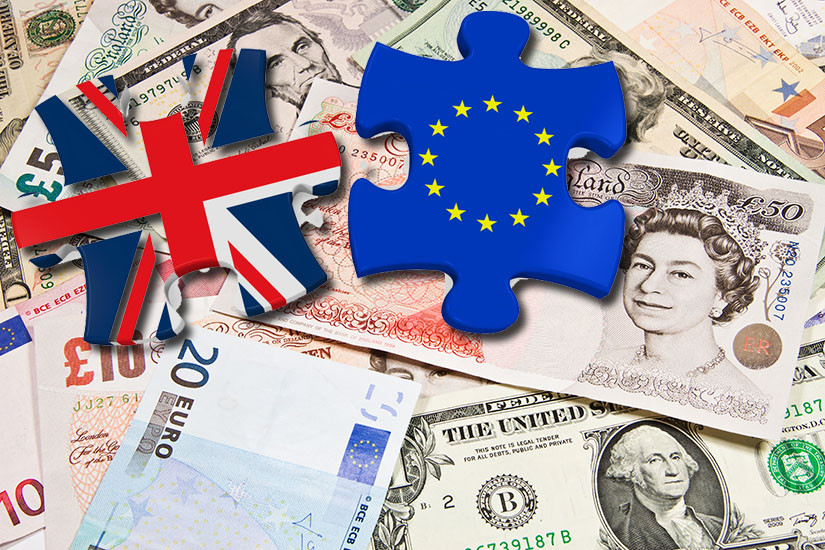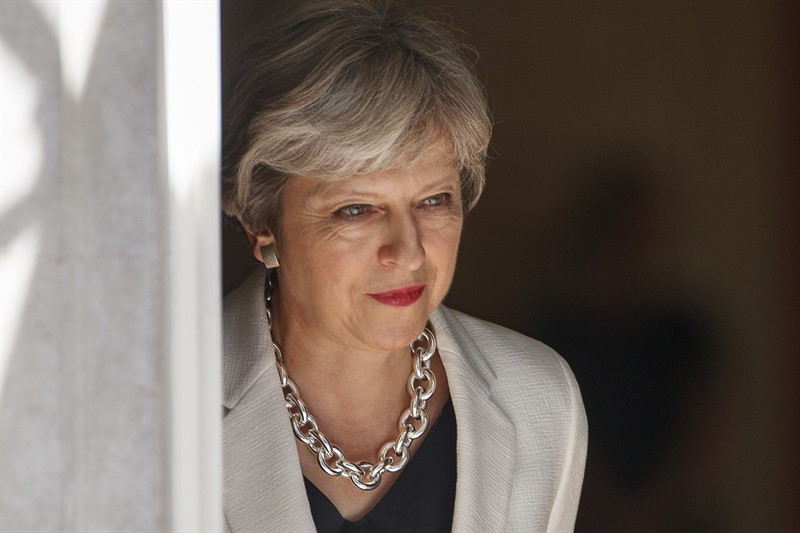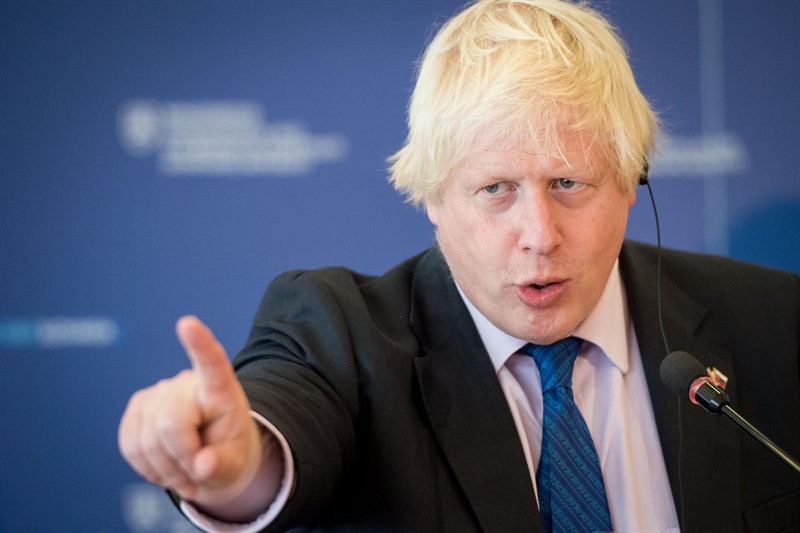
Last Wednesday, the pound sterling rebounded sharply, thereby leading the outgoing United States Prime Minister Theresa May. However, the GBP / USD growth was short-lived, as an ardent supporter of Brexit stood at the helm of the British government, who promised to remove Foggy Albion from the European Union at any price, not the best option for the pound and a clear signal to the market that the coming months will be tense.
T. May became the second woman in the history of Great Britain who headed the government of the country after Margaret Thatcher, and she was greeted like a new "iron lady".
Brexit split not only the British political elite, but as well as, the population: some believed that the United Kingdom should determine how it should live and build its policy, while others feared that a break with the European community would be too expensive. To gather, reconcile and unite the country was the main thing that T. May had to do as prime minister.
By the way, in the Brexit referendum, T. May supported the preservation of the membership of Foggy Albion in the EU, but opposed closer integration processes. However, after the plebiscite, she promised to fulfill the will of the majority of Britons who voted for a "divorce" with Brussels.

"You can make a career and love clothes," said T. May, who claimed to be not only the strongest, but also the most stylish British politician. However, the unfulfilled promises of T. May on Brexit, like the favorite bulky jewelry on the neck, pulled her political career to the bottom.
She tried three times to arrange a "divorce" agreement and agreed with Brussels through parliament, but the legislators repeatedly rejected it.
The failure to agree with the Parliament on the conditions on which the UK will leave the EU was the main reason for the resignation of T. May. In addition, Mei's position within the Conservative Party, of which she was the leader, was greatly weakened after the 2017 elections, when the party lost its parliamentary majority. As a result, T. May was criticized by party members and opposition Labor.
At the end of May of this year, she announced that she would leave the post of chairman of the UK ruling Conservative Party. It also meant that she leaves the post of head of the British government.
T. May became the second prime minister - the "victim" of Brexit. Her predecessor David Cameron resigned after, contrary to his pleas, the majority of Britons in the summer of 2016 voted in a referendum to withdraw from the EU.
In a recent meeting of T. May with European colleagues, French President Emmanuel Macron told her that leaders are coming and going, but their achievements remain. What T. May has achieved, except for her resignation, is an open question.
What will be remembered by the British ex-prime minister? Perhaps political overtures, as well as the fact that he presented an excellent carte blanche to his successor.

On July 23, the country gained a new prime minister: Boris Johnson became the leader of the Conservative Party and head of government.
"What B. Johnson inherited politically was all signs of a catastrophe. He has no majority in the House of Commons. Here, there is no mandate for the general public, because only the Tory members have chosen him. Political issues are everywhere. While his fans are genuinely excited that he will finally occupy the prime minister's residence, skepticism and disbelief are present among supporters of opposition parties, "The Financial Times reported Wednesday.
"The person who did so much to lure the country into the Brexit minefield was given the confidence to solve the problem of getting the country out of a difficult situation. If he fails the mission, he risks destroying his party, and in the worst case, he may become the last prime minister of the United Kingdom (in the light of Scotland's desire for independence), "the BBC channel said.
Against the background of B. Johnson's victory in the race for the Prime Minister's seat, the British currency, surprisingly, demonstrated an improvement in dynamics. However, the process of eliminating "shorts" for the pound turned out to be extremely limited and fleeting, since the hopes that the politician would take a more balanced position on the Brexit issue did not materialize.
B. Johnson confirmed the intention to withdraw the country from the EU by October 31 at all costs and, while forming a new cabinet, he increased the number of Brexit supporters.
According to experts, the decision of B. Johnson to stick to the "hard" line implies an increase in the likelihood that he will not be able to get the necessary support of parliament and, in order to change the situation in his favor, will initiate early general elections.
"General elections are becoming a more likely outcome, perhaps even inevitable," say strategists ING.
"All this uncertainty means a few more difficult months for the British economy, and this leads to talk of lower rates in the UK later this year," they added.
Currently, the derivatives market estimates the likelihood of mitigation of the Bank of England policy in 2019 at approximately 50%.
"The political chaos in the country due to the confrontation of the government and parliament could lead to a drop in the pound sterling against the US dollar to $ 1.2," predicts ING.
By some estimates, the "tough" Brexit will lead to a reduction in British GDP of more than 3%, which will immediately plunge the economy of the United Kingdom into a period of protracted recession. It is assumed that if Foggy Albion leaves the EU without a deal, the annual government need for borrowing will increase by 30 billion pounds from 2020–2021, and net debt by 2023–2024 will increase by 12%. When implementing such a scenario, the GBP / USD pair may well collapse to parity.





















